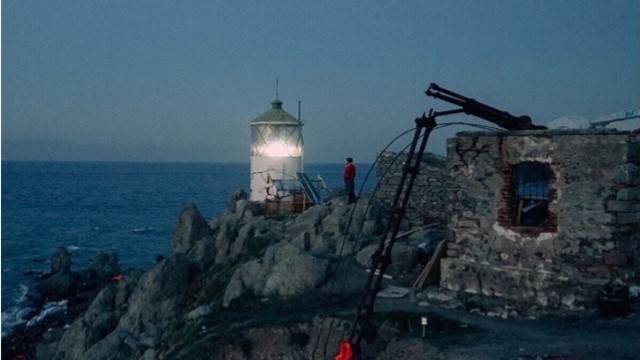
Monolith: Transforming Lives of Young Refugees through the Gift of Education
Education has often been referred to as the most powerful accelerator for social mobility and a way out of poverty. Monolith, a society founded by SMU alumni Brendan Tan, Ng Yuan Siang, Adriel Nee, Chen Xiaodan, Mark Chia and others, was created to help young refugees around the world access quality education. They share their inspiration behind their initiative, and what more can be done by various tenets of society to channel help to those who require it the most.
Education has often been referred to as the most powerful accelerator for social mobility and a way out of poverty. In young refugees particularly, education plays an even more vital role in determining their future and holds the potential to transform the lives of those who have access to it.
And while the number of refugees worldwide has surged to record highs, with children accounting for more than half of the total, quality education is often out of reach for young refugees — usually because they do not qualify for citizenry subsidies as displaced persons.
Monolith is a society founded by a group of young professionals made up of former SMU alumni Brendan Tan, Ng Yuan Siang, Adriel Nee, Chen Xiaodan and Mark Chia, among others, based on the belief that help should reach those who need it.
Brendan graduated from SMU Lee Kong Chian School of Business with a Bachelor of Business Management in 2020. Besides serving as the president of Monolith, he is a consultant advising governmental clients on infrastructure and energy projects across Southeast Asia. Monolith’s vice-president Yuan Siang, head of legal affairs Adriel and general secretary Mark are all 2021 graduates of the SMU Yong Pung How School of Law and are currently legal trainees. Meanwhile, Xiaodan graduated from the SMU School of Accountancy in 2020 and is currently the society’s treasurer and an analyst in an international bank specialising in global private banking.
In 2019, the group launched Project Starchild, a scholarship fund that covers the International General Certificate of Secondary Education (IGCSE) exam fees for selected refugee students.
We speak with some of Monolith’s founders on the inspiration behind their initiative, and what more can be done by various tenets of society to channel help to those who require it the most.
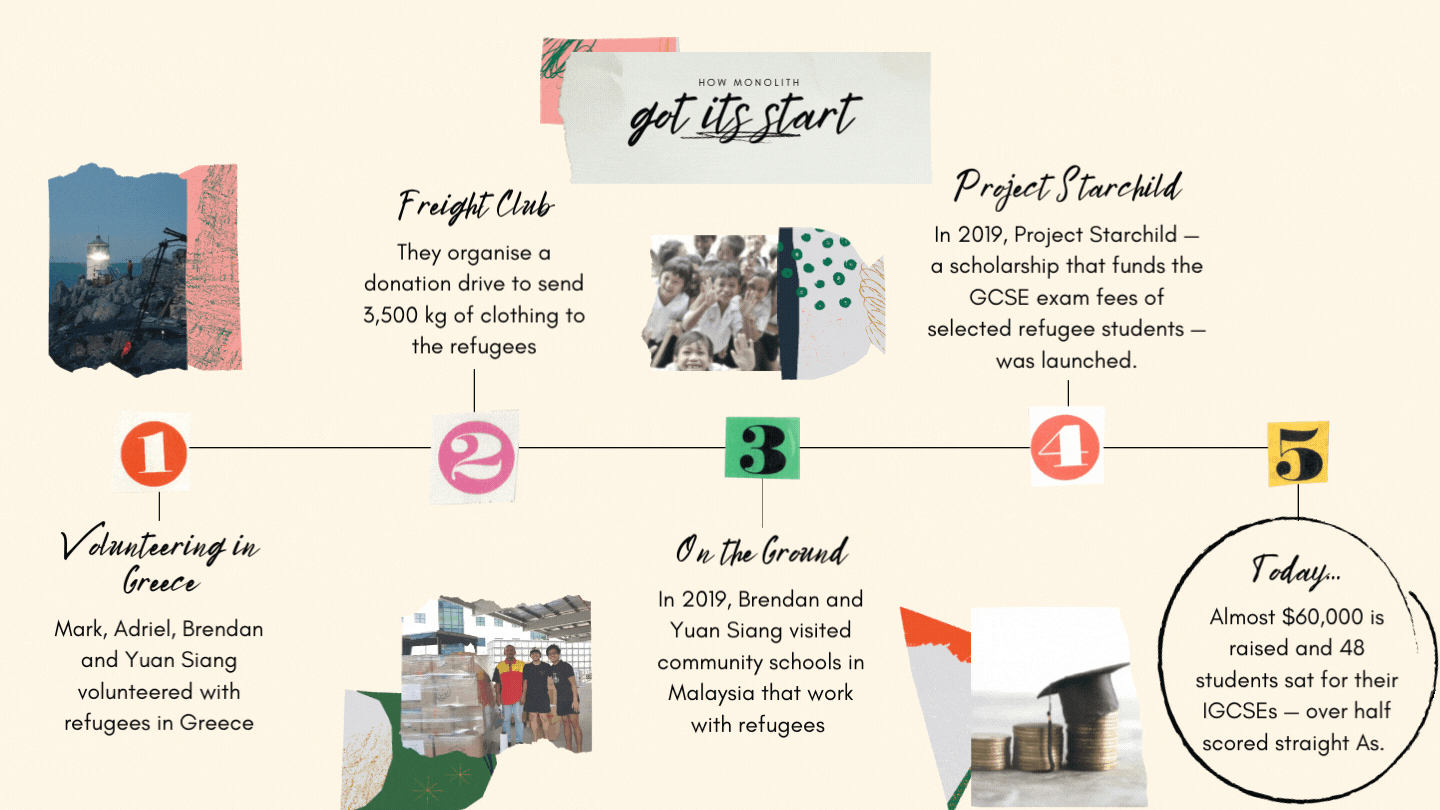
How has your time at SMU led to the founding of Monolith, and equipped you with skills to run the organisation?
Brendan: Being in SMU allowed us to tap on an extensive network, which included SMU alumni, research fellows and professors. It was through SMU that we met SMU School of Social Sciences Fellow Janet Lim, formerly the Assistant High Commissioner of the United Nations High Commissioner for Refugees (UNHCR).
Having her as an advisor helped to open doors. Her decades of experience working with refugees in the UNHCR really guided our programme structure to effectively help the students.
Xiaodan: My time in SMU was particularly important because it kickstarted my interest in the global refugee crisis. I believe that our work has demonstrated that we can take concrete actions and steps to help refugees in a fulfilling and productive manner, in our own free time.

“Through this scholarship, we wanted to give the students a fighting chance of continuing their education.”
Ng Yuan Siang
Vice-president of Monolith
How is Monolith different from NGOs or charities that currently exist?
Yuan Siang: After conversations with local schools and NGOs, we became aware of how often help provided by well-meaning people ends up where it’s not needed. Moreover, trying to help without understanding the situation on the ground could sometimes do more harm than good.
While there are community schools providing education to refugees up to the secondary level, many students face challenges in continuing their education beyond that point. The exams for formal certificates such as the IGCSEs cost quite a fair bit for their families, and students are forced to give up at the IGCSE level because the fees are too expensive.
Through this scholarship, we wanted to give the students a fighting chance of continuing their education. This certificate is also something they can take wherever they end up, to show for the education they have received.
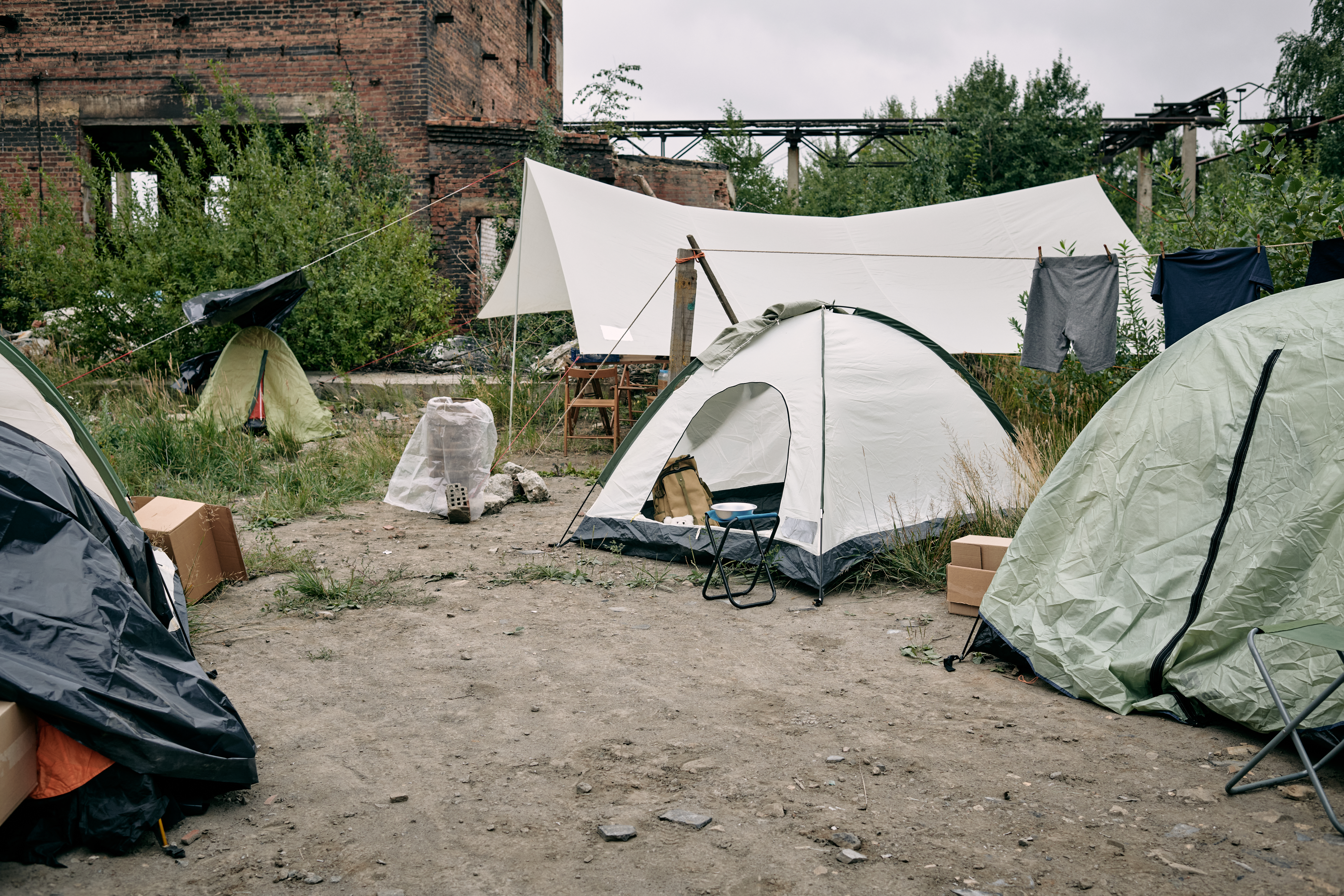
“Many refugees have never seen the sea in their lives, much less crossed it — but they do so to seek safety.”
Brendan Tan
President of Monolith
How did you find your start in working with refugees and could you please describe your experience?
Brendan: Yuan Siang and I both volunteered with Lighthouse Relief in 2017 and 2018 respectively.
Lesvos is one of the main islands in Greece, located just 20km away from Turkey. It is the first stop of arrival for refugees fleeing to Europe to seek asylum, where they wait for their asylum applications to be processed.
Many refugees have never seen the sea in their lives, much less crossed it — but they do so to seek safety. While a lighthouse marks Lesvos out in the darkness, what the refugees were not aware of were the dangerous rocks beneath. Our job as volunteers was to spot their dinghies and coordinate with search and rescue services, to ensure the safety of the refugees.
Adriel and Mark: In 2019, we volunteered with an NGO at Skaramagas Refugee Camp in Athens, Greece. We realised within these Isobox (intermodal containers made of steel frames) were individuals with very vibrant stories.
During our four-week stints, we managed day-to-day administrative matters, operations and activities for the refugees. Most importantly, we spent much of our days interacting and forging friendships with the refugees.
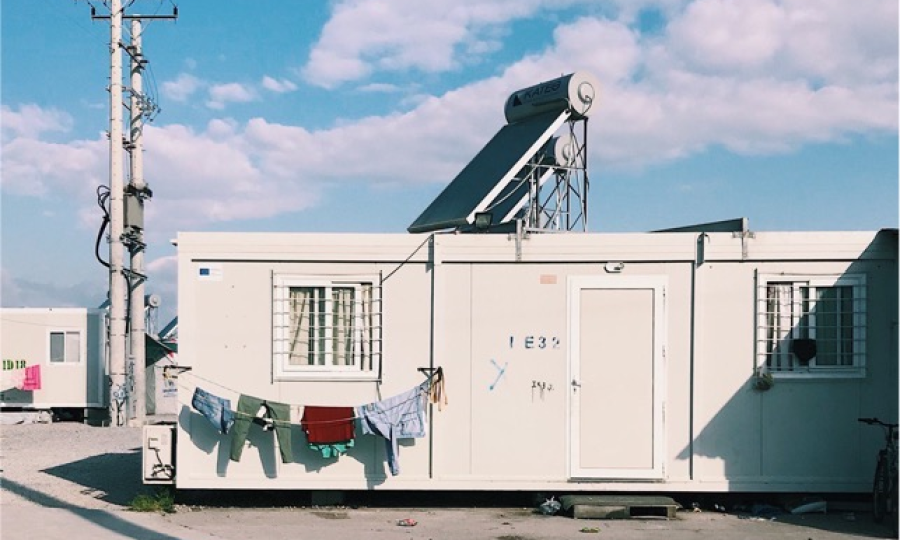
What have been the biggest challenges you’ve faced?
Xiaodan: As Monolith is a very young organisation established by then-undergraduates, it was difficult at the start to exude credibility when we liaised with stakeholders — some of whom have had years of experience and extensive knowledge in the refugee arena.
Brendan: Asking donors to open their wallets was probably one of the most difficult challenges. Our mentors helped a lot in this regard.
I first presented the idea for the scholarship in Associate Professor of Strategic Management Reddi Kotha’s Entrepreneurship Practicum class at SMU. He introduced us to Dr Lim Chon Phung, a research fellow in SMU who works with rural communities and seeks to promote local entrepreneurship as a possible pathway out of extreme poverty.
Apart from providing guidance for the project, Dr Lim was also instrumental in connecting us with his network during our fundraising activities.
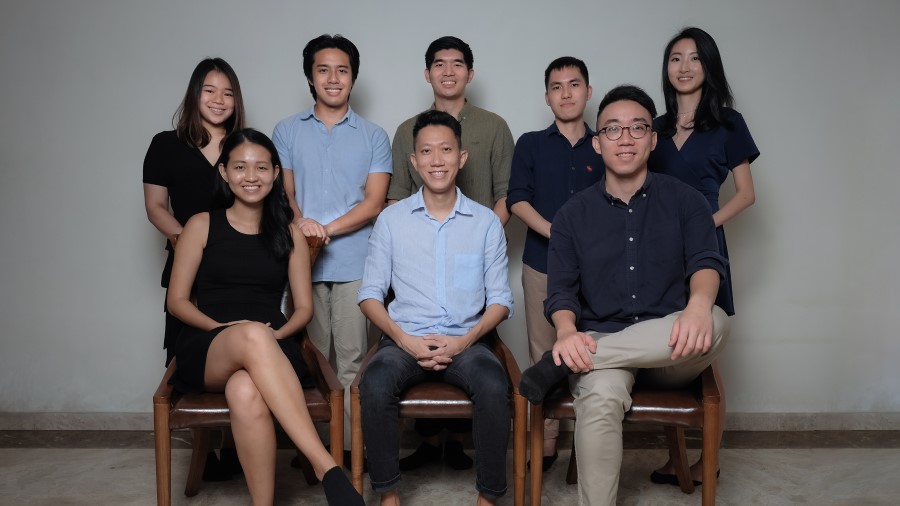
What are your long-term objectives for Monolith?
Brendan: On the back of Project Starchild students’ exceptional results, we plan to continue working with our donors and community schools to provide financial support for underprivileged students, such as refugees, who aspire to further their education at the secondary, post-secondary and tertiary levels.
Yuan Siang: We hope to drive greater engagement in social causes by younger people. We plan to engage with various universities, including SMU, to introduce students to our cause. Our hope is that more young Singaporeans will consider the varied needs of people around the world, and to show more empathy and less apathy towards global issues.
Keen to do your part in transforming the lives of young refugees? Learn more about Monolith and its efforts here.
[All photos courtesy of Monolith]




